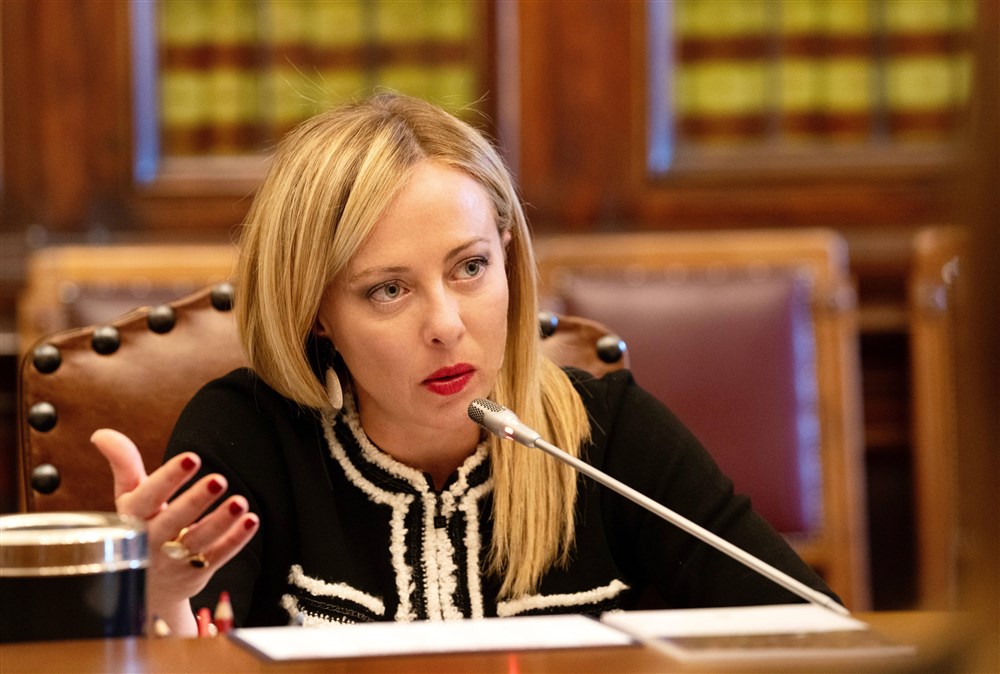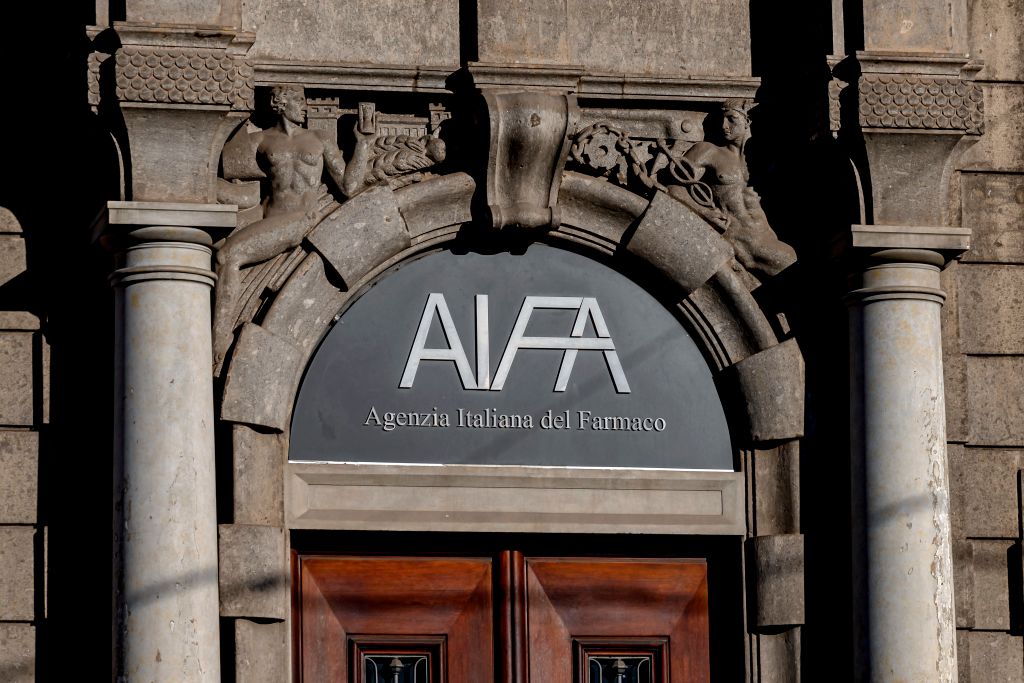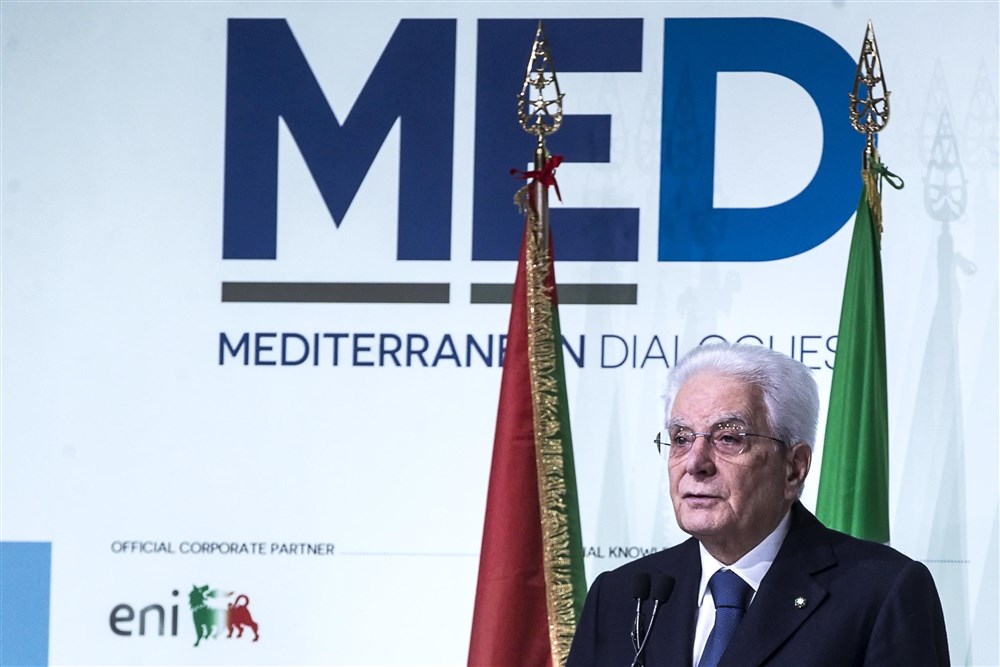The Italian government is seeking to block Ireland’s new law that requires health labels to be attached to alcoholic beverages, including wine. According to the government, the label would harm market sales, especially for wineries in Italy, based on an unfounded theory that wine consumption causes grave health hazards to consumers.
The Irish government has decided that alcoholic beverages must have health labels. These labels will include the number of calories, alcohol by volume, as well as the health risks associated with the consumption of alcohol, especially during pregnancy, and in causing liver disease and cancer, the Irish Department of Health said.
The labels will be required starting from May 22 2026. The three year anticipation is needed to allow the markets to adjust to the new regulation.
The Irish Health Minister, Stephen Donnelly, said that he looks forward to other countries following Ireland’s example as the first government in the world to require labels that warn of health hazards on alcoholic beverages.
But the Irish law could disrupt the EU’s internal markets, as foreign countries that export alcoholic beverages would have to adapt to Ireland’s regulation. For this reason, the new Irish law was criticised by alcohol producers who spoke of an unjustified barrier. The World Trade Organisation and 13 EU states have also shown concern with the impacts on market revenues.
The Italian government has been especially opposed to Ireland’s announcement. Italy, France and Spain are the top wine producers in the world. As such, they are planning on creating joint opposition to the Irish legislation in Brussels.
“I don’t understand why one focuses on the risks involved with the consumption of wine, while hypocritically ignoring the dust particles (PM10, PM2.5, etc.), which, according to the European Environmental Agency, are responsible for 400,000 premature deaths every year in Europe,” the President of the Italian Society on Environmental Medicine, Alessandro Miani, said.
The MEP from the centre-right party Forza Italia currently in the coalition government, Raffaele Nevi, said, “It is wrong to create national regulations that run ahead of European ones. Europe as a whole must build uniform rules for all member states. We will continue to ask our national government to make its voice heard in Europe”. Italy’s agriculture minister, Francesco Lollobrigida, said that he plans to work with Italy’s foreign minister, Antonio Tajani, to find other European countries to oppose Ireland’s law.
However, pressure from Brussels to retract Ireland’s legislation could raise questions on how much sovereignty EU member states have over their own laws.
The European Commission has so far ignored appeals by EU member states to veto the law. For Dublin, alcohol consumption is causing health hazards to its people. Heavy episodic drinking, commonly known as binge drinking, and drunkenness, is higher in Ireland than elsewhere, according to the Health Service Executive in Ireland.
The minister Lollobrigida said he will give his Irish counterpart Charlie McConalogue a bottle of wine “so that he can see that we have no intention of harming his health,” as Italy attempts to convince Ireland to suspend its law. He also argued that Italy is the second nation in the world with the longest life expectancy, because of a Mediterranean diet which includes wine, while the Irish people struggle with alcoholism. “Perhaps they should work more on information and the correct use of alcohol”, the minister added.
Wine, beer and spirits producers in Europe will be making official complaints to the European Commission to open infringement proceedings against Ireland. The subject is set to be discussed on June 21.
Alessandra Bocchi is Associate Editor at Brussels Signal





